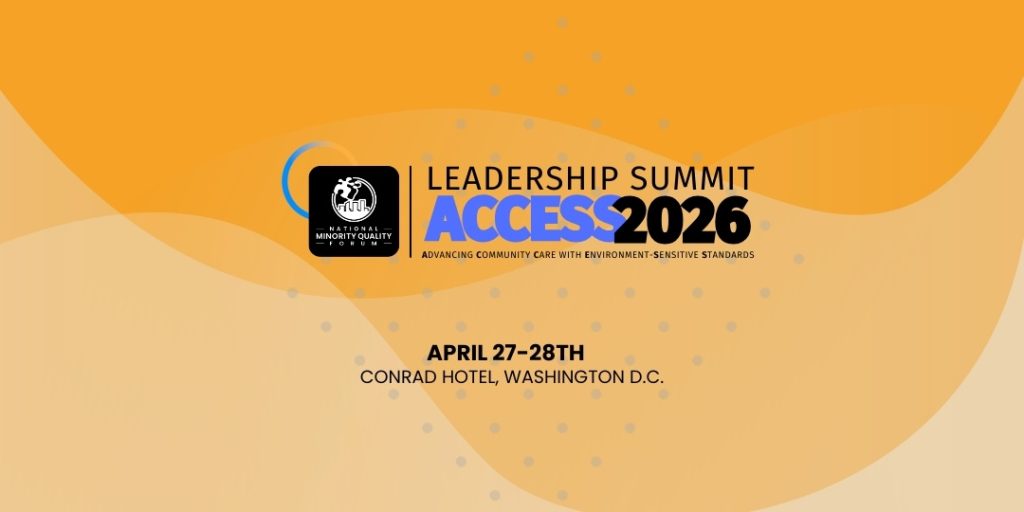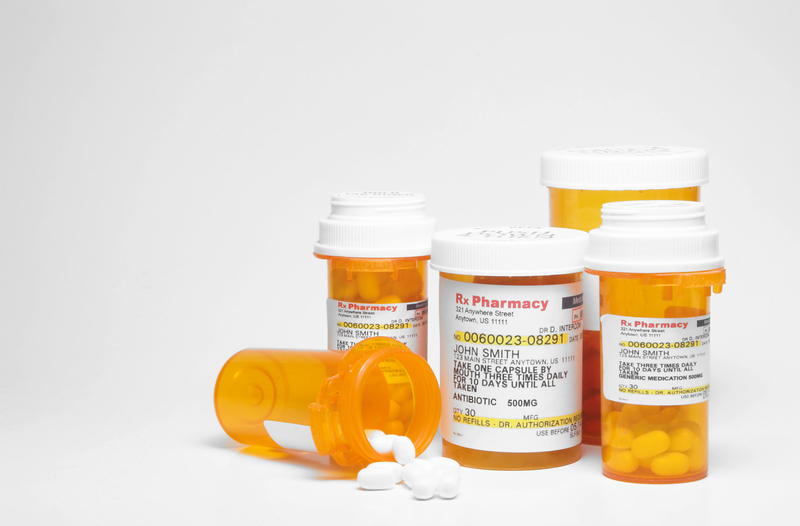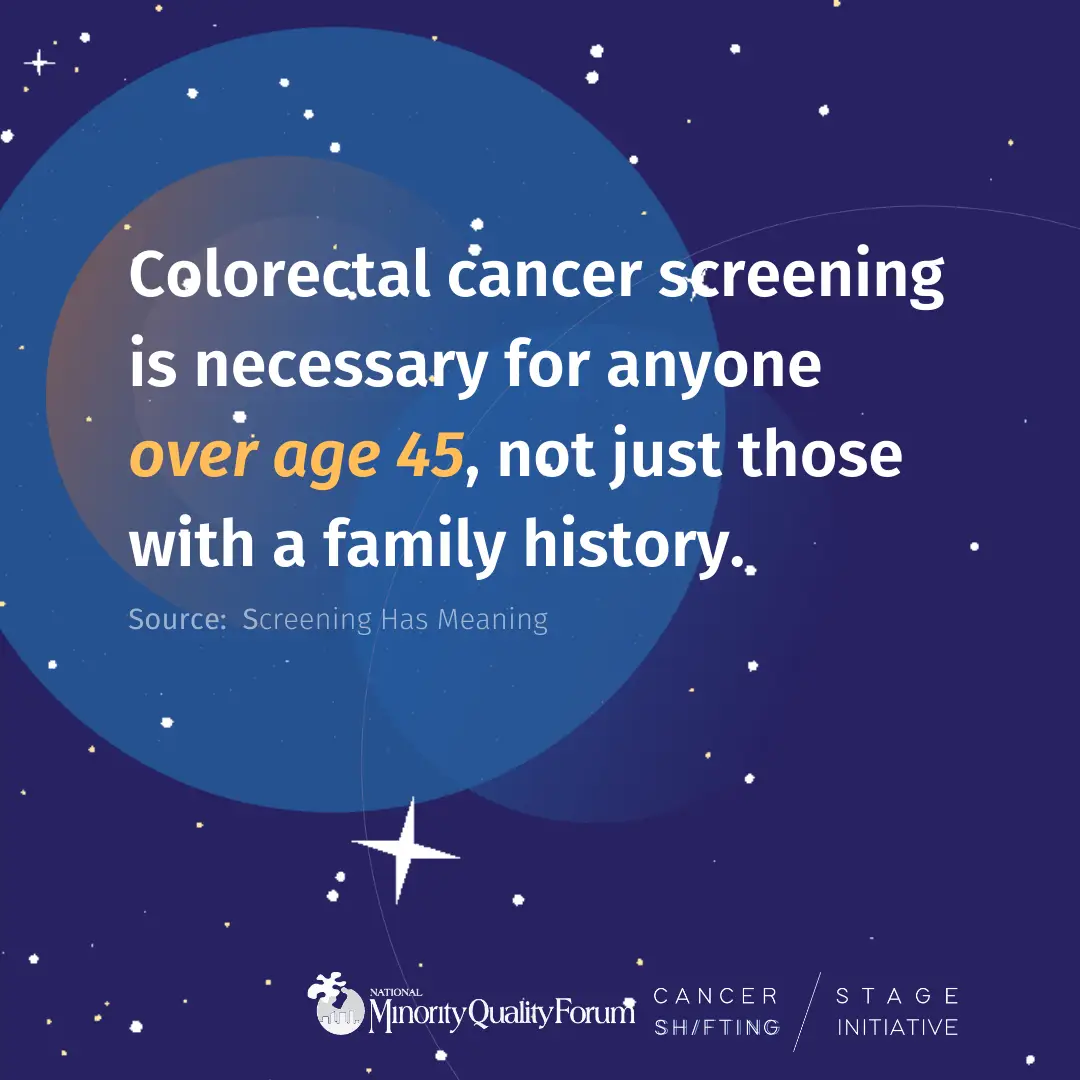
As respiratory syncytial virus (RSV) season approaches, pediatric providers and health equity advocates are facing a familiar dilemma: how to ensure that all infants-regardless of background or insurance status-receive timely, potentially life-saving protection. New efforts across the country suggest the answer may lie not just in science, but in systems.
A Shot That Could Change the Future
RSV is one of the most common causes of infant hospitalization in the United States, and in communities already burdened by health inequities, it can be devastating. In 2023, the Centers for Disease Control and Prevention (CDC) endorsed a new tool in the fight: Beyfortus® (nirsevimab-alip), an injectable monoclonal antibody designed to protect infants during their most vulnerable RSV season. The CDC recommends giving Beyfortus before babies are discharged from the hospital-a strategy that eliminates follow-up challenges and boosts immunization rates. But as promising as this sounds, there’s a catch: many hospitals lack a clear path to reimbursement, especially under the existing newborn “bundled payment” system.
The Payment Problem
A recent article titled Protecting Newborns From RSV: Opening A Reimbursement Pathway highlights the critical barrier posed by current payment models. The bundled payment for newborn care doesn’t account for the additional cost of Beyfortus, leaving hospitals-especially those serving Medicaid and commercially insured populations-reluctant to absorb the cost. Health experts are now urging the creation of separate fee-for-service reimbursement mechanisms, arguing that timely, hospital-based immunization can reduce downstream costs and health burdens, especially for vulnerable populations.
A Success Story in Silicon Valley
Meanwhile, at Lucile Packard Children’s Hospital Stanford, a different story is unfolding. Following FDA approval and recommendations from both the CDC and the American Academy of Pediatrics, the hospital launched a universal Beyfortus immunization campaign. By leveraging early stakeholder buy-in, cross-department collaboration, and streamlined logistics, the hospital achieved an impressive 71% uptake among eligible infants prior to discharge. The campaign extended across the newborn nursery, intermediate care nursery, and neonatal intensive care unit (NICU), and is now being held up as a model for equitable implementation nationwide.
Equity Is Prevention
These efforts are more than operational-they are foundational to improving infant health in America’s hardest-hit communities. By adapting reimbursement strategies and following proven implementation models, health systems can help ensure every baby-regardless of race, income, or ZIP code-has a fair shot at a healthy start.
Want to dive deeper into solutions for RSV equity?
Download the full RSV Health Equity Action Report and learn how policies and programs can align to deliver prevention where it’s needed most.
Trending Topics
Features
- Drive Toolkit
Download and distribute powerful vaccination QI resources for your community.
- Health Champions
Sign up now to support health equity and sustainable health outcomes in your community.
- Cancer Early Detection
MCED tests use a simple blood draw to screen for many kinds of cancer at once.
- PR
FYHN is a bridge connecting health information providers to BIPOC communities in a trusted environment.
- Medicare
Discover an honest look at our Medicare system.
- Alliance for Representative Clinical Trials
ARC was launched to create a network of community clinicians to diversify and bring clinical trials to communities of color and other communities that have been underrepresented.
- Reducing Patient Risk
The single most important purpose of our healthcare system is to reduce patient risk for an acute event.
- Subash Kafle
- Victor Mejia
- Victor Mejia
















